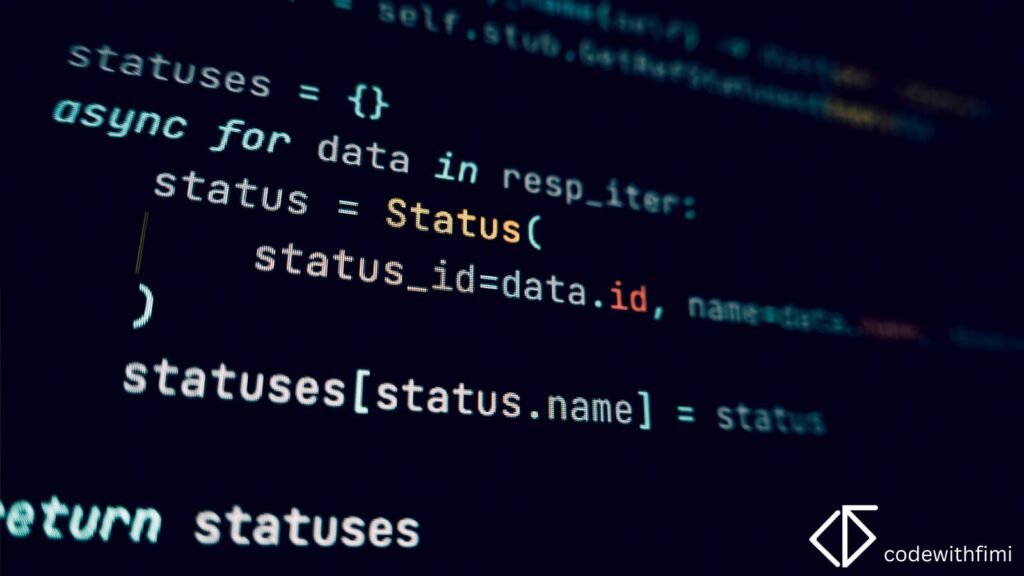In 2025, data science continues to be one of the most exciting and in-demand careers. From shaping artificial intelligence (AI) to driving smarter business decisions, data science sits at the intersection of technology, statistics, and problem-solving. For beginners, the field can feel intimidating buzzwords like machine learning, big data, and neural networks are everywhere. The good news? Anyone with curiosity and dedication can start learning data science today.
In this guide, we’ll explore the essential data science skills you need in 2025, covering both technical and soft skills. You’ll also discover how AI is reshaping the field and what you can do to stay ahead as a beginner.
1. Programming Skills
Programming is the backbone of data science. The most important languages are:
- Python: The go-to language for data analysis, machine learning, and visualization.
- R: Strong in statistical modeling and academic research.
- SQL: Critical for querying and managing databases.
Example:
import pandas as pd
data = pd.DataFrame({"Name": ["Anna", "Ben"], "Score": [85, 90]})
print(data.describe())
2. Mathematics and Statistics
You don’t need to be a mathematician, but a solid foundation in probability, statistics, linear algebra, and calculus is essential. These concepts help you understand algorithms, measure accuracy, and make predictions.
3. Data Wrangling and Cleaning
Real-world datasets are messy. Data wrangling involves:
- Handling missing values.
- Converting data types.
- Removing duplicates.
Libraries like Pandas and NumPy make this process easier.
4. Data Visualization
Visualization transforms numbers into insights. Tools include:
- Matplotlib & Seaborn: Great for Python visualizations.
- Plotly: Interactive dashboards.
- Tableau / Power BI: Business-friendly tools.
Example:
import seaborn as sns
tips = sns.load_dataset("tips")
sns.barplot(x="day", y="total_bill", data=tips)
5. Machine Learning Basics
Machine learning allows data scientists to make predictions from data. Start with:
- Supervised Learning (e.g., regression, classification).
- Unsupervised Learning (e.g., clustering).
- Beginner-friendly libraries: Scikit-learn, TensorFlow, PyTorch.
6. AI and Emerging Tools in 2025
With the rise of Generative AI and AutoML, beginners can now automate parts of the workflow. However, this also raises ethical questions—bias, misinformation, and transparency. Data scientists in 2025 must combine technical know-how with responsible AI practices.
7. Cloud and Big Data Skills
Large-scale data projects require cloud and big data tools:
- AWS, Google Cloud, Azure for cloud computing.
- Apache Spark and Hadoop for handling huge datasets.
These tools help scale data science beyond your laptop.
8. Communication and Storytelling Skills
It’s not enough to crunch numbers—you need to explain insights clearly. Data storytelling involves:
- Building dashboards for decision-makers.
- Writing concise reports.
- Presenting findings to non-technical teams.
9. Soft Skills and Career Growth
Successful data scientists also need:
- Critical thinking to ask the right questions.
- Problem-solving to design effective models.
- Collaboration to work with business and IT teams.
Adaptability and lifelong learning are key, especially in a field that evolves so quickly.
10. Future Trends in Data Science (2025 and Beyond)
Looking ahead, expect data science to merge with fields like cybersecurity, healthcare, and finance. Automation will handle repetitive tasks, but human creativity, ethics, and critical thinking will remain irreplaceable.
Data science in 2025 is about more than just coding, it’s about combining technical skills with communication, ethics, and adaptability. For beginners, the journey starts with learning programming, statistics, and data visualization, then gradually moving into machine learning and AI.
The field is evolving fast, but with the right skills, you can future-proof your career and become a valuable data professional.
FAQs
Q1: Do I need a degree to start a career in data science?
No, many data scientists enter through online courses, bootcamps, or self-learning.
Q2: Which programming language should I learn first?
Python is the best starting point due to its simplicity and strong community support.
Q3: How important is math in data science?
You need a solid grasp of statistics and linear algebra, but you don’t need to be a math genius.
Q4: Will AI replace data scientists?
AI can automate tasks, but data scientists are still needed for decision-making, creativity, and ethical judgment.
Q5: How can beginners practice data science?
Use open datasets (like Kaggle), start with simple projects, and practice data cleaning, visualization, and prediction models.

